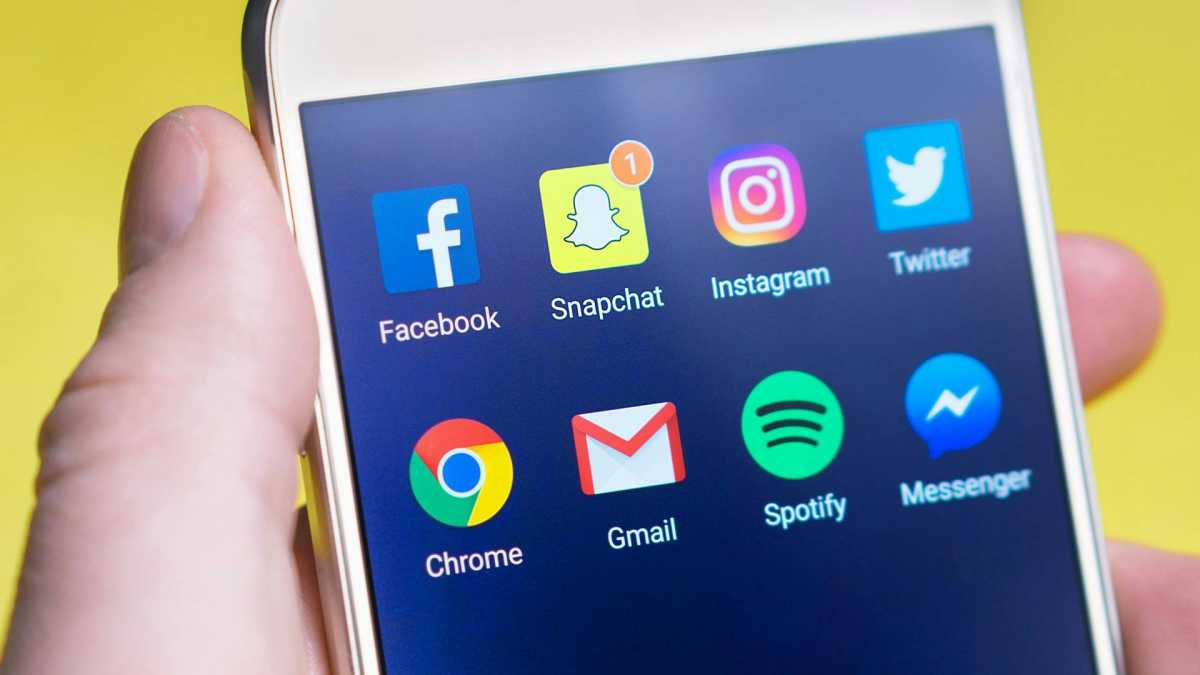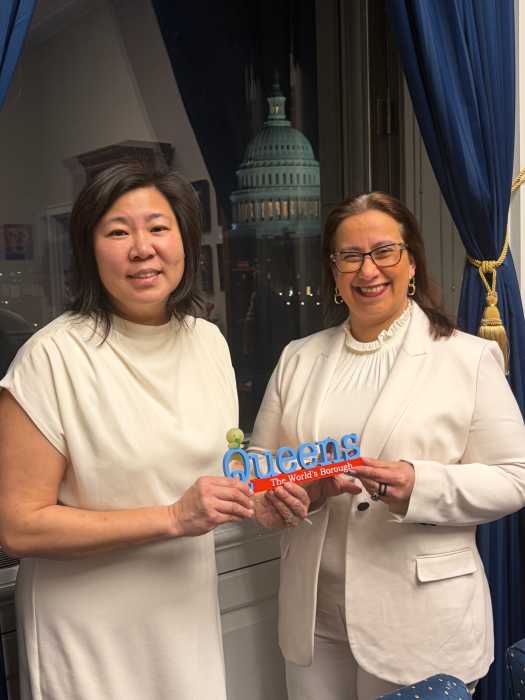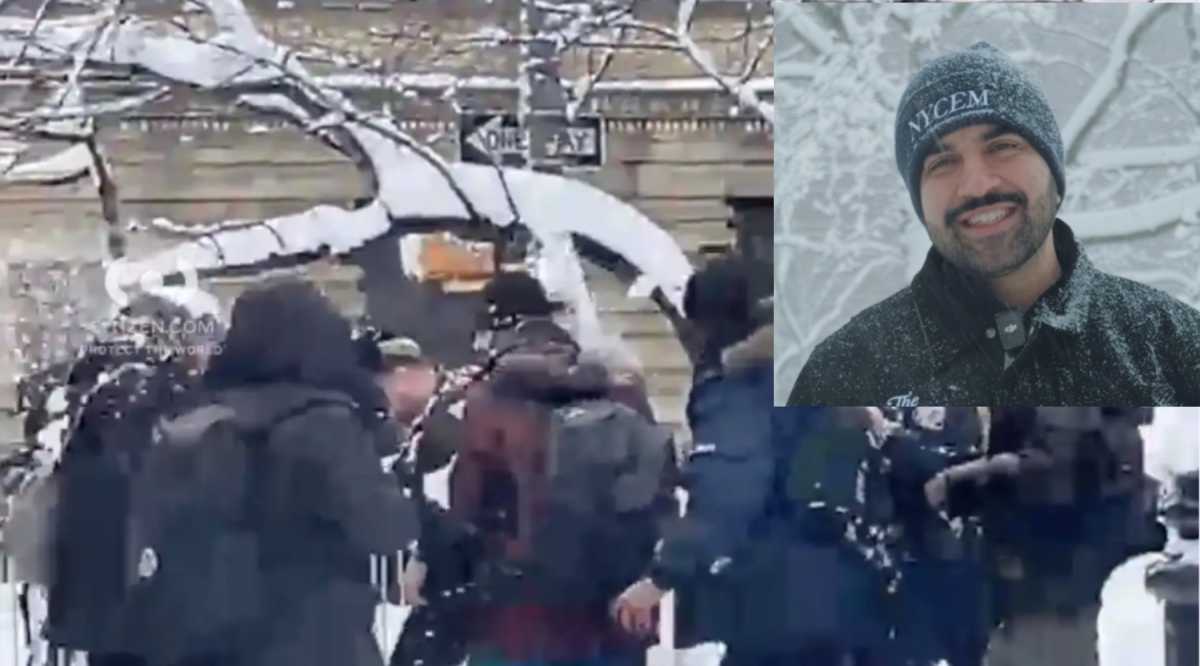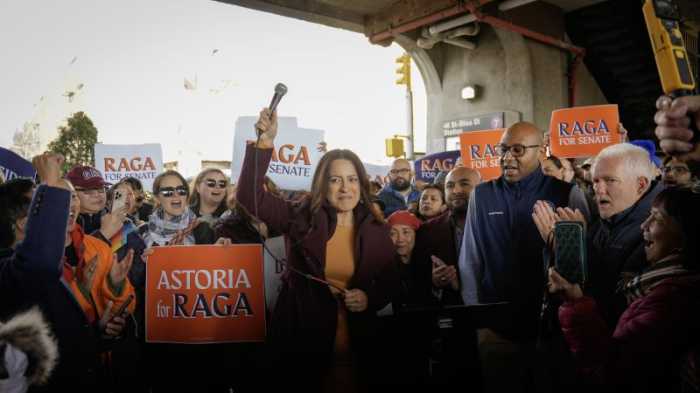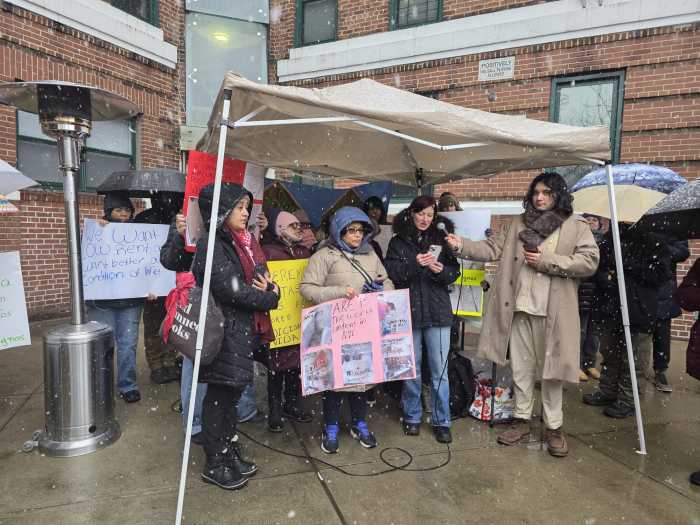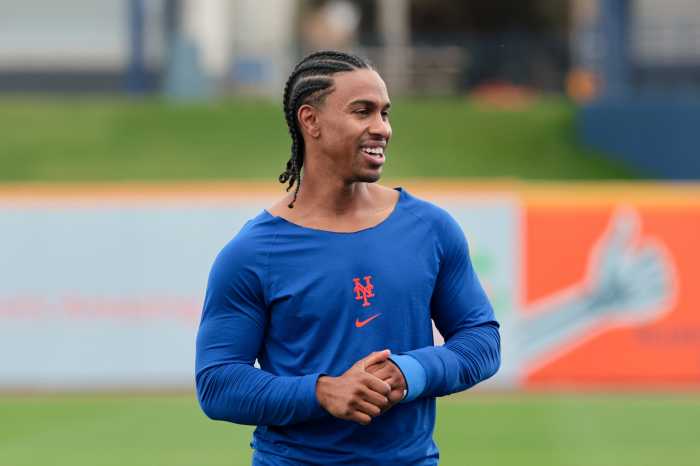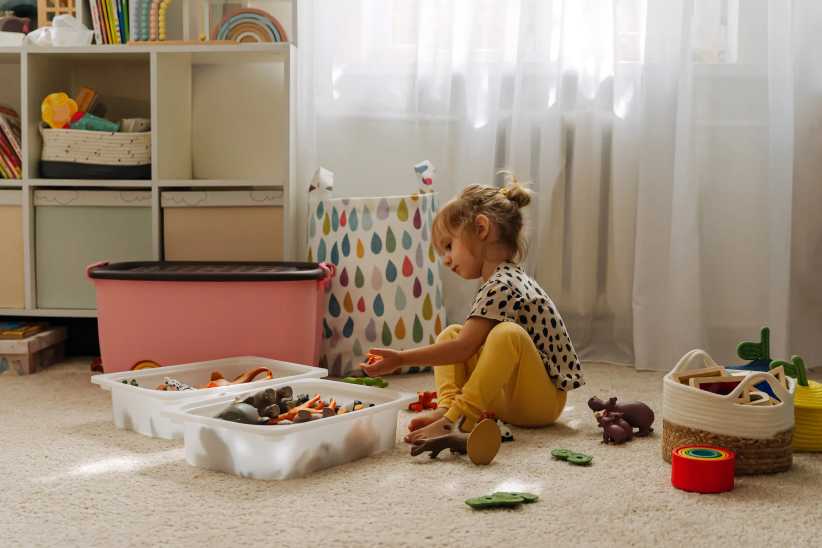A group of New York City Council Members representing southeast Queens and the Bronx has introduced a package of bills that aims to address social media addiction and gun violence.
The bills call on the city to study the effects of social media on the mental health of adolescents; develop violence prevention programs for young New Yorkers; and establish a non-emergency gun violence hotline.
The legislators, who are part of the so-called “Hood Caucus,” have introduced three bills as part of their core mission to address systemic disparities affecting neighborhoods of color across New York City. The members who have introduced the bills as part of the package include Althea Stevens (D-16), Nantasha Williams (D-27), and Kevin Riley(D-12), all part of the Hood Caucus.
Stevens, who represents the South Bronx, introduced legislation that would mandate the city to study the effects of social media on the mental health of youngsters. Her legislation is based on studies that show the correlation between social isolation caused by social media use and the negative impact on adolescent mental health.
Stevens believes the legislation mandating the study would help the city find ways that could lessen the harmful effects minors face using social media and promote healthier online habits. “It is imperative that we take proactive measures to safeguard the mental health of our youth and ensure that they have the tools and support they need to navigate the digital landscape safely,” she said.
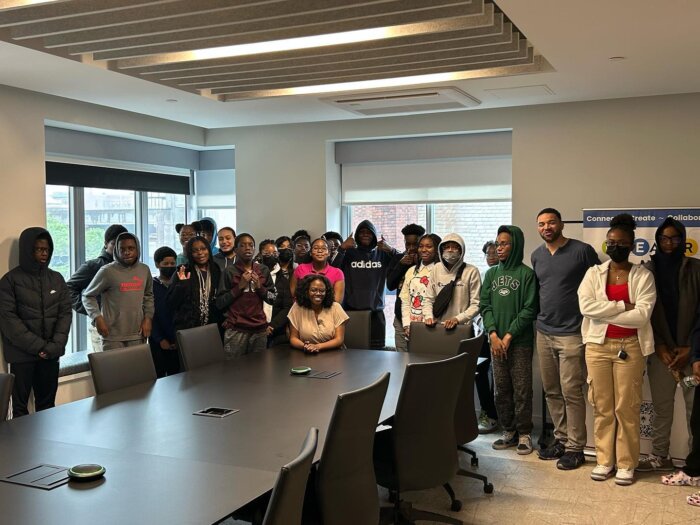
Williams, who represents southeast Queens, has introduced a bill that would require the creation of a database that documents the relationship between social media and in-person altercations among adolescents. The database results would be used to develop violence prevention programs and address the root cause of violent outbursts.
“This bill is a crucial step in addressing the intersection between social media and real-world violence. By conducting a thorough study, we can gain valuable insights into the factors driving conflicts among young people and develop effective strategies to address them,” she said.
Riley, whose district includes the northeast section of Bronx, has introduced the third bill, which would establish a gun violence hotline outside of the 911 system. The non-emergency line would dispatch support services to people struggling with mental health issues related to gun violence. Officials would be required to hold public awareness campaigns about the hotline targeting young adults and submit yearly reports to evaluate the effectiveness of the hotline.
The council members believe the legislation is crucial in addressing violence that stems from online disputes— especially in communities of color.
“The crime rate in our Black and Brown communities is skyrocketing, and social media platforms often exacerbate these issues by providing avenues for the dissemination of violence,” Riley said.
The legislation is likely to get the backing of Mayor Eric Adams who is an outspoken critic of social media and what he says is its negative impact on adolescent mental health.
For instance, in February, the Adams administration announced it had filed a lawsuit against Tiktok, Instagram, Facebook, Snapchat, and YouTube, to “hold them accountable for their platform’s damaging influence of mental health of children.’’

